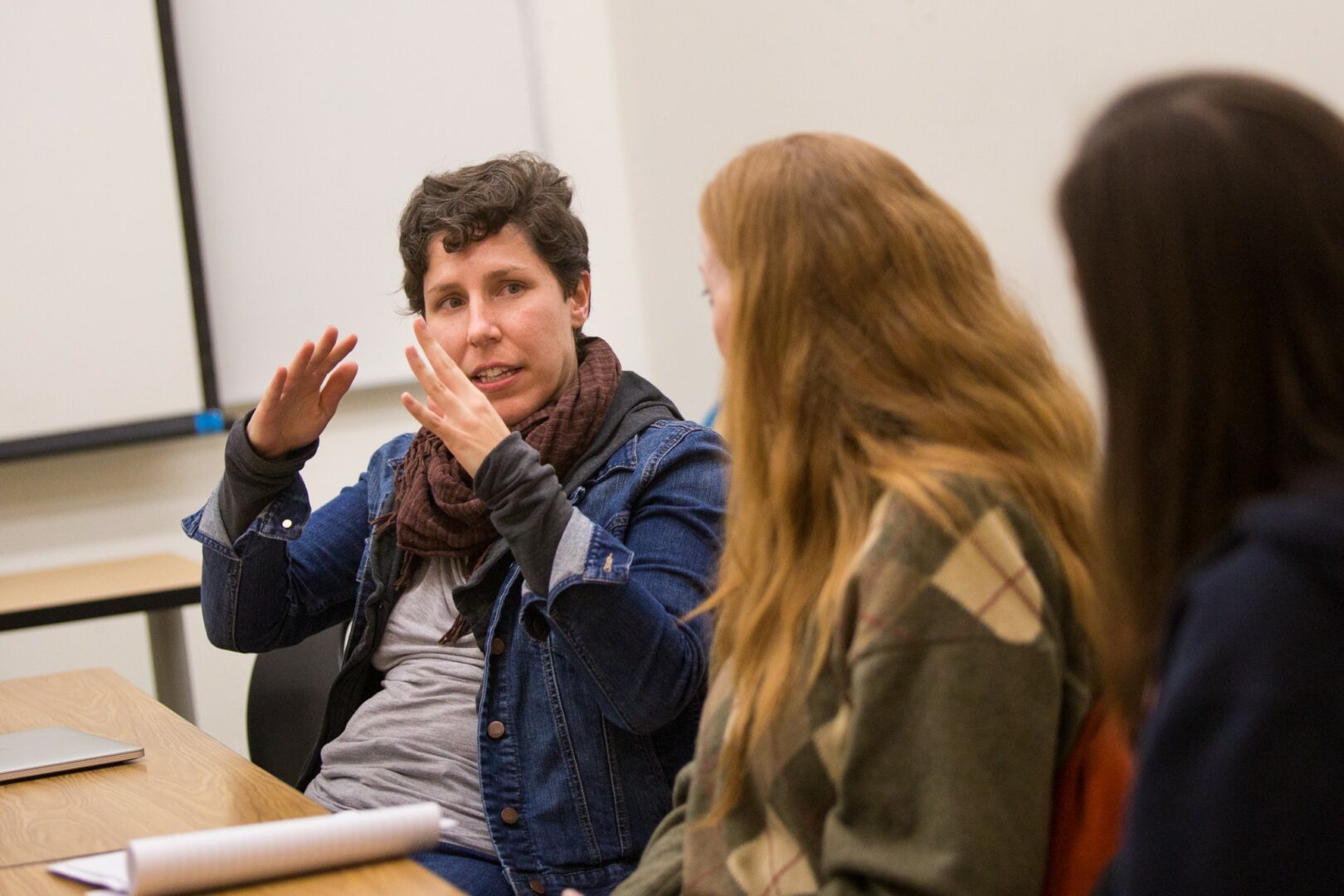Alright – so today we’ve got the honor of introducing you to Lisa Cantrell. We think you’ll enjoy our conversation, we’ve shared it below.
Lisa, so good to have you with us today. We’ve always been impressed with folks who have a very clear sense of purpose and so maybe we can jump right in and talk about how you found your purpose?
I think my whole life I have been keenly aware that we all will die. My brother passed away when I was a kid. When he died, it changed everything about my family and ultimately how I understood and saw the world. It was the worst imaginable thing to have happen to me and my family. And yet it also became the thing that made me who I am. Somehow death pushes you to zoom out and see life from a birdseye view and to really ask yourself what matters and how you want to spend your time. If you know that your life might be short, it changes how you react to those around you, whether you snap at someone you are angry at or try to be more compassionate. Somewhere in all of that I came to a moment in my late 20s when I asked myself “if I know I only have another 60 years tops, how do I want to spend that time?” And the answer was “easing suffering.” That has come in different forms across my life in the past 15 years. It has meant trying to make people laugh through improv and storytelling, or sitting with someone in their darkest moment and listening, reminding them that they are not alone. At times it was playing music or making art. But there is always the same overarching idea that my life’s purpose is to make this journey a little less lonely and less difficult—for myself and for those around me. In my work as a non-profit leader who often gets overwhelmed and caught up with the day-to-day tasks of running a business, I try to keep that personal mission in my mind. It brings clarity to decisions and helps me know what to care about and what things to let go of.
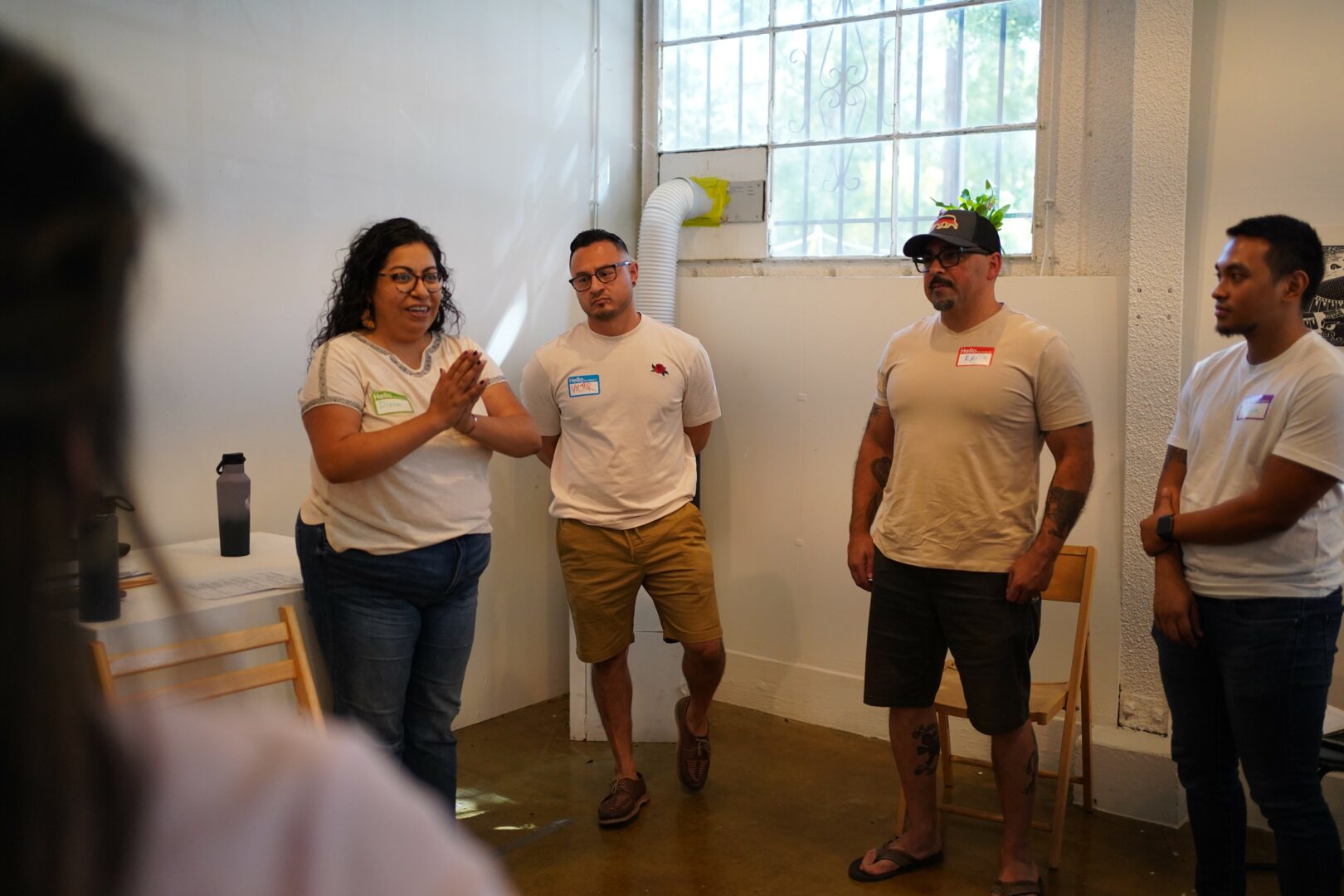
Let’s take a small detour – maybe you can share a bit about yourself before we dive back into some of the other questions we had for you?
In 2016 I was going through a really difficult time in my life. I was 33. I had just gone through a terrible break-up. I was living in a house with several roommates. I was about to be without a job. I was in a dark place. During that time, the thing that got me through was storytelling. I was a part of a few true storytelling communities, and being in those communities helped me feel less alone in the world. I eventually came out of that dark place. When I did, I decided to start a local storytelling community—a non profit called Capital Storytelling. The idea was that we would make spaces for people to tell stories and to come together and listen to one another—as an act of empowerment, healing, and connection.
I officially founded Capital Storytelling in 2018. At first it was just me teaching a few storytelling workshops and asking friends to volunteer for storytelling events that I was organizing. However, over time, it caught like fire. People heard about the workshops and came in droves. The community packed the spaces where we would host storytelling showcases. And our organization grew. Some of the people in my first workshops are now staff members at Capital Storytelling that teach and lead our programs and classes. We now host nearly 50 workshops and events each year and directly serve over 800 people annually.
Why do we do it? I believe storytelling has the power to change our hearts and minds. When you listen to someone tell their own story, you walk in their shoes and you see the world from their perspective. When you tell your own story, you are empowered and you take control of your own life’s narrative. Both of those things are incredibly powerful. Imagine a world in which we stopped and really listened to one another, sat with each other, tried to understand each other’s lived experiences. Our world would be so different. I really believe that’s the key to changing our society.
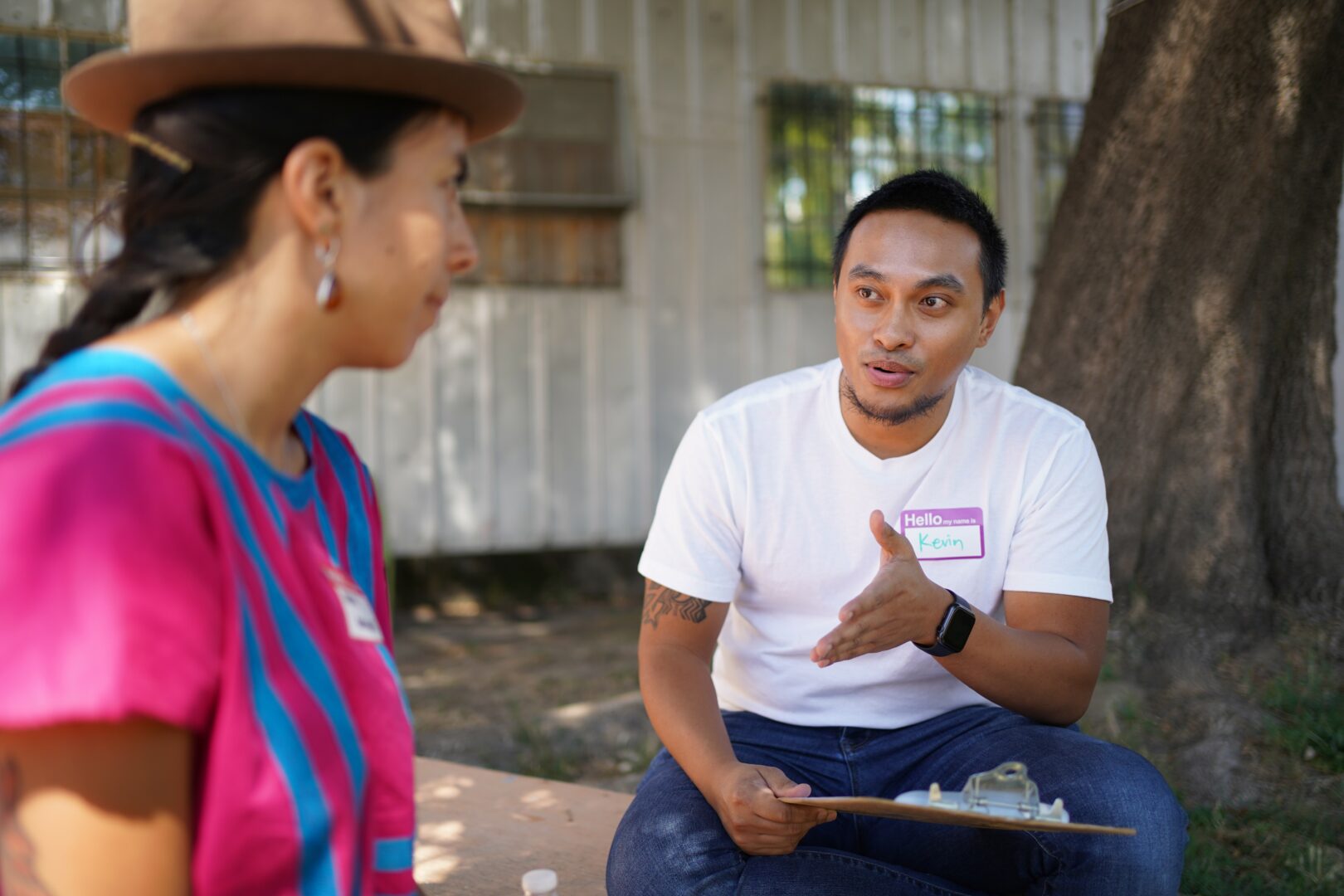
Looking back, what do you think were the three qualities, skills, or areas of knowledge that were most impactful in your journey? What advice do you have for folks who are early in their journey in terms of how they can best develop or improve on these?
Kindness, Firmness, Shrewd Business Knowledge.
Kindness: I think above all, I have seen how kindness can really get you far. Genuine kindness. Being kind doesn’t mean you have to let others walk all over you or that you have to settle for less than your worth. It does mean telling people how much they are appreciated and finding compassionate ways to disagree or tell them they need to step up. People respond to kindness. People want to work for and with leaders who are kind. Over the years I have gotten a lot of advice about how to run a non-profit. But the best advice I got came from a mentor who told me “When you lead with kindness and compassion, even when you have to have really difficult and uncomfortable conversations, people will see that and will respond.” I still think about that advice when I have to make a big decision or when I need to have a hard conversation with someone on my staff.
Firmness: This one has been hard for me to learn, but it’s critical. Boundaries are important. I wish I had this skill early on. I have learned that being firm means observing, seeing what needs to be done, and then sticking to that route—even if it means giving up opportunities or having really uncomfortable conversations and saying “no.”
Shrewd Business Knowledge: When I first started in the non-profit world, I think I had a similar perspective as someone who is early in-love in a relationship. “Love will conquer all! Our love is all we need!” But just like a marriage takes work and needs more than love to survive and thrive, so does a mission-driven organization. Your love for what you do will not keep you from getting totally burnt out and feeling resentment as you grind away for little pay. If you really believe in the mission of your business or organization, you have to find ways to make it sustainable and to take care of yourself and your staff’s financial and emotional well-being. You can’t work for free (or ask your staff to work for free) forever. You have to be shrewd in how you budget money and what you say “yes” and “no” to. This is something I am still learning even after 7 years.
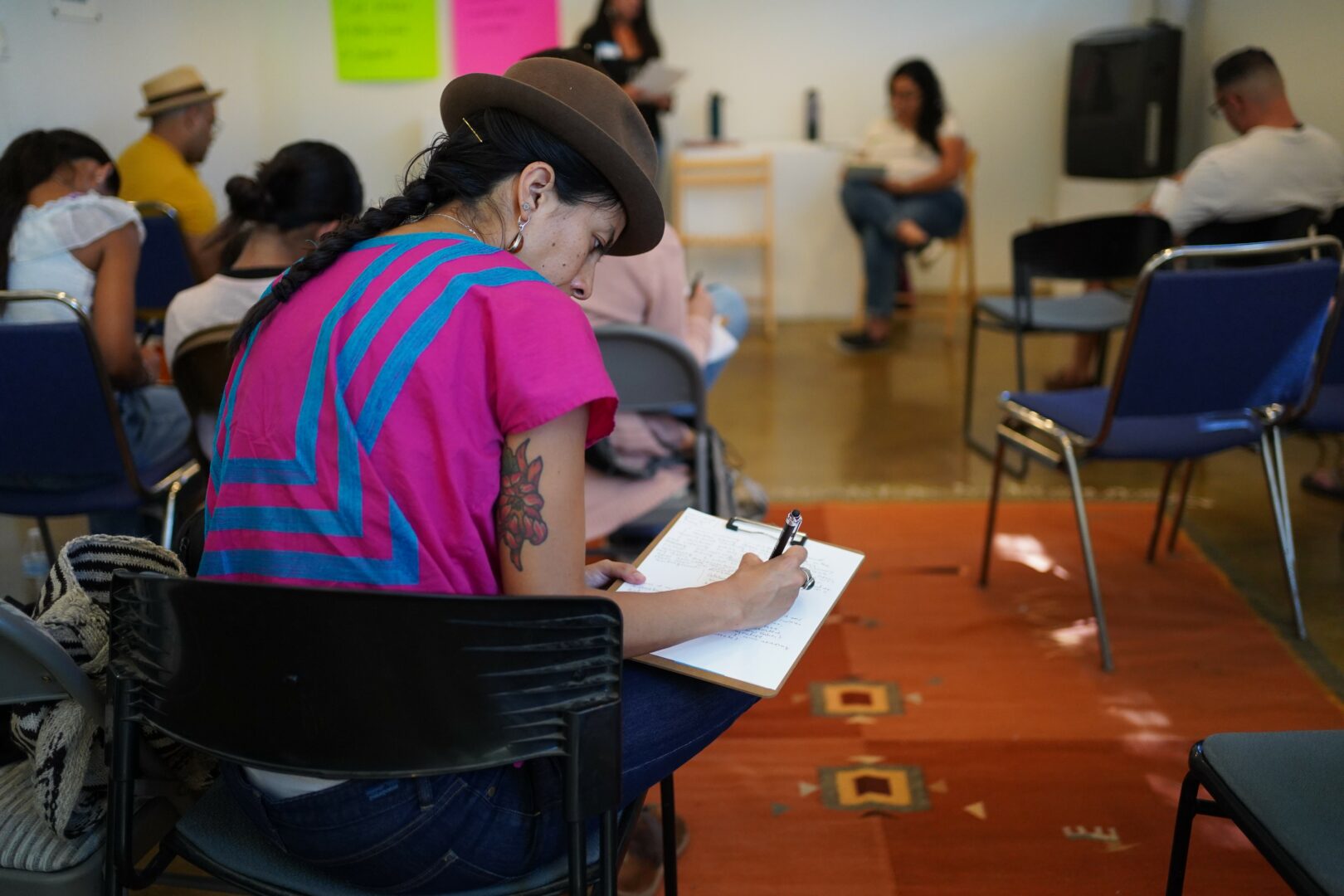
What do you do when you feel overwhelmed? Any advice or strategies?
When I am overwhelmed or stressed, I try to remember why we are here and zoom out to get perspective. I once heard a story told by a mother. She talked about how her son who was 4 years old experienced death for the first time when their neighbor passed away. The little boy was distressed and trying to understand it all. One day the little boy said “Why are we here if we are all going to die?” His mother, in her infinite wisdom, said “Do you decide to not go to the carnival just because you know it will end? Of course not. We still go and enjoy it while it lasts.” I remember listening to this story and crying. It felt so aligned with what I already knew about this life. When I feel overwhelmed I remind myself “None of this will last. All of this will fade one day. My stress, this organization that I love, everything. The only thing that matters is enjoying it while I am here and easing one another’s suffering, lightening the load of those who are fellow travelers on this road.” It helps me get perspective when I’m stressing at 4 AM about applying for a grant or consumed with anxiety about how we will fund the next big project. Just enjoy the carnival because it won’t last forever and try not to sweat the small stuff.
Contact Info:
- Website: https://capitalstorytelling.com
- Instagram: @capitalstorytelling
- Facebook: https://www.facebook.com/capitalstorytelling
- Linkedin: https://www.linkedin.com/in/lisa-cantrell-58683546/
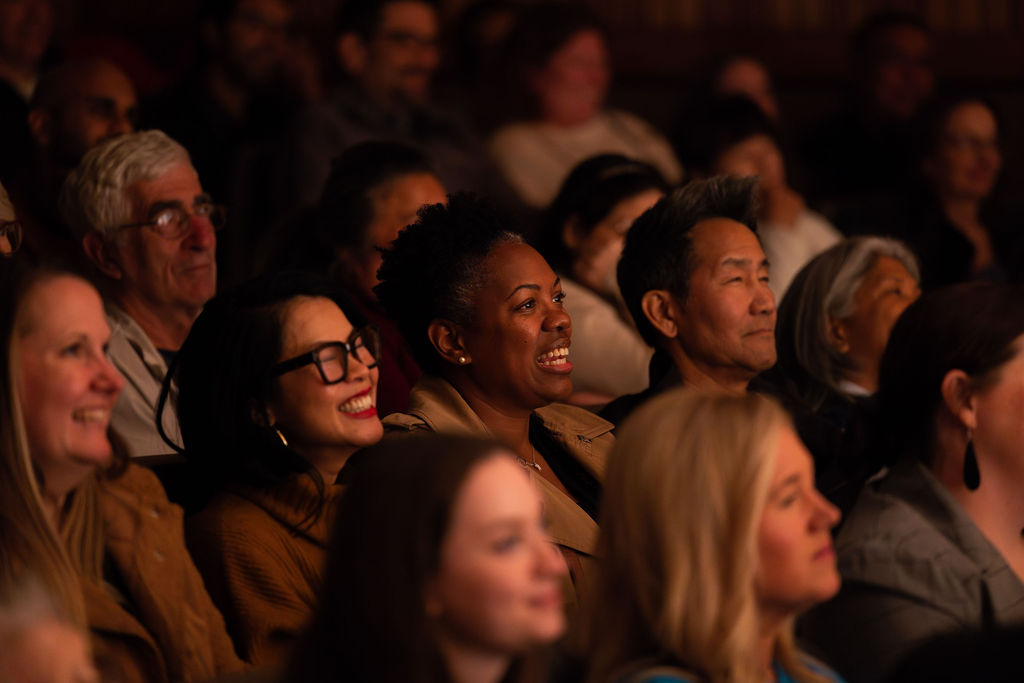
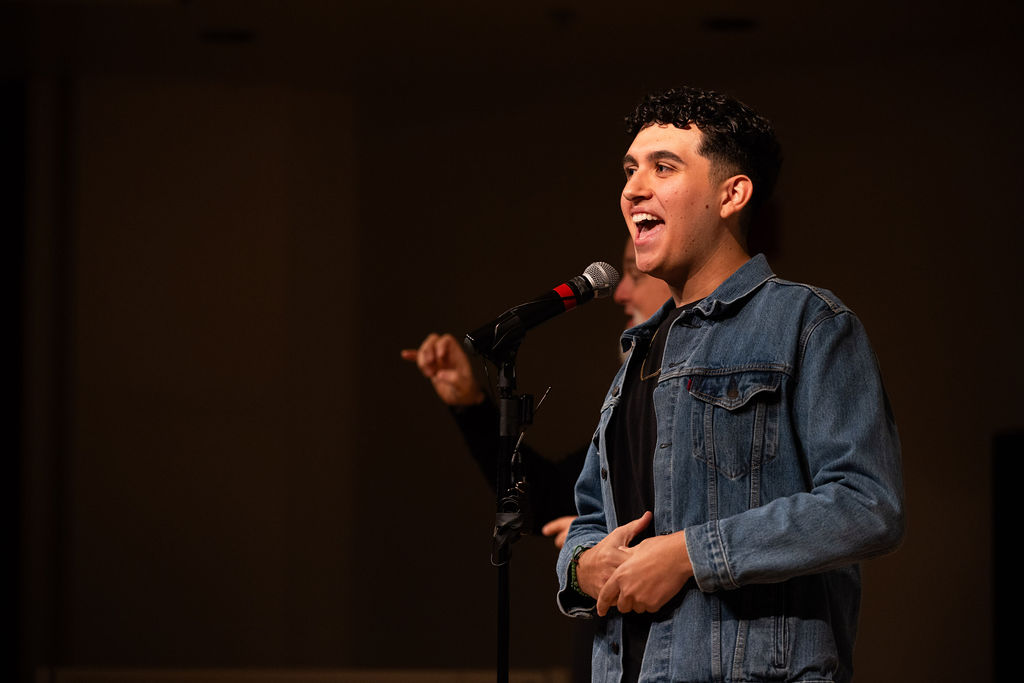
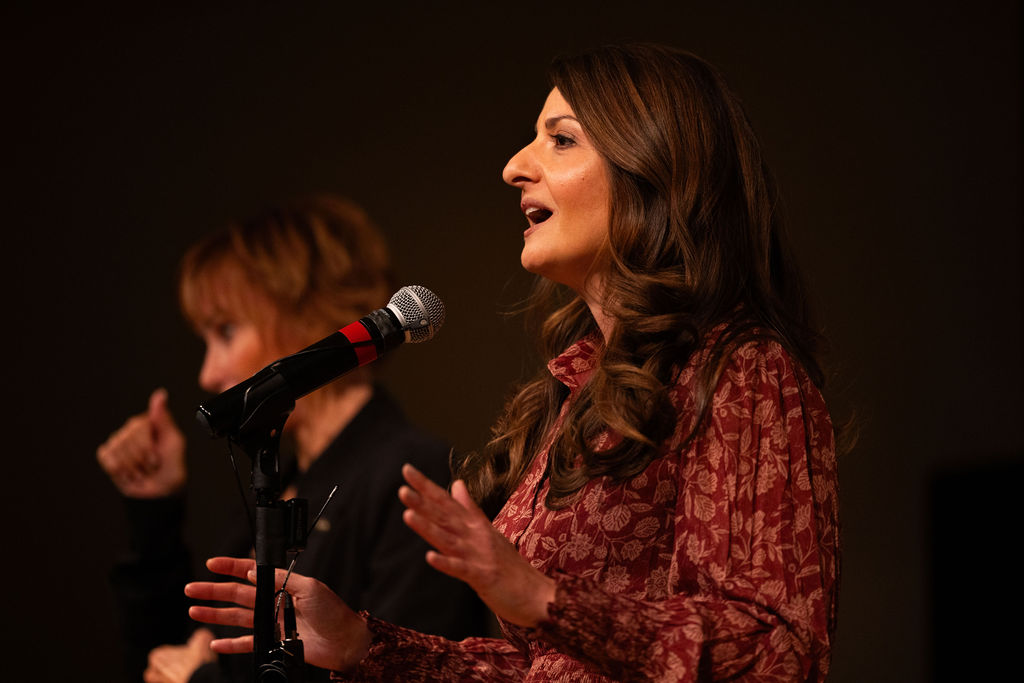
Image Credits
Jorge Quintana, Daniel Shambra
so if you or someone you know deserves recognition please let us know here.

